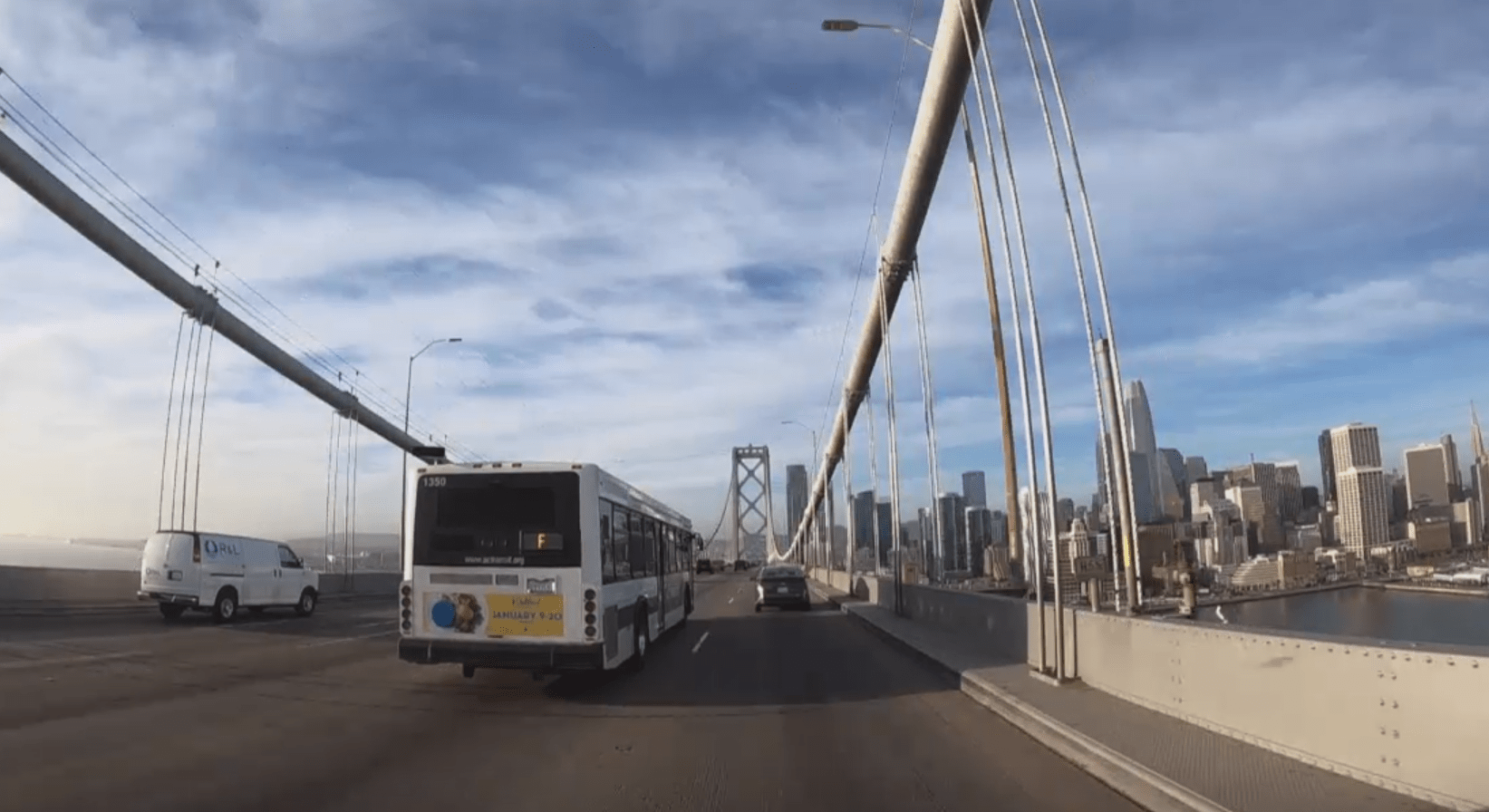The Bay Area's Metropolitan Transportation Commission was created in 1970 to build a coordinated transit system for the Bay Area.
As anyone who's tried to use transit in the Bay Area knows well, it has failed completely. In a recently released paper, Seamless Bay Area's Ian Griffiths explains the three main reasons why, and what can be about it:
From the Seamless paper, "Three reasons why MTC isn’t working as the Bay Area’s network manager":
When it was created by an act of the California State Legislature in 1970, the Metropolitan Transportation Commission was intended by many to be a network manager - specifically to “integrate feeder bus and rail systems with the fledgling BART system,” according to MTC’s website. However, MTC is neither a state agency (such as the San Francisco Bay Conservation and Development Commission, BCDC) nor a local jurisdiction (such as a county) so its legitimacy to carry out its mandate is largely dependent on the constituent nine counties that make up its governing structure.
Despite the intent with which it was created, our current transit system’s state of fragmentation is proof of MTC’s limited effectiveness at carrying out the role of network manager. Over the past fifty years, riders have endured a lack of coordinated routes, fares, schedules, and branding - and these things have regularly been identified as barriers to an efficient and effective transit system. In an attempt to “fix” MTC, its mandate has been altered numerous times... Yet, over the same fifty years, the number of transit agencies -- and associated fares structures, maps, etc -- has multiplied, per capita transit ridership has remained flat, and driving has increased.
The paper goes on to lay out the three main reasons the MTC has failed:
- The mandates of dozens of other transit agencies and planning entities conflict with MTC’s mandate to coordinate.
- MTC’s board composition results in policy shaped too heavily by local interests and not enough by shared regional interests.
- MTC policies are shaped too heavily by boards and committees that don’t have enough relevant technical expertise and are insufficiently informed by best practices and professional experts.
The paper also cites research from the Mineta Institute that suggests if the Bay Area had an integrated transit system, it could more than double the number of people who choose to use transit rather than drive.
While MTC's Fare Integration Task Force has made some progress, the article concludes that MTC will ultimately need fundamental change. The controlling board needs to have technical expertise and must answer to regional interests, rather than parochial ones. In other words, legislation such as San Francisco Assemblymember David Chiu's S.B. 2057, or something similar to restructure or replace MTC, will be necessary for the Bay Area to rationalize the fares and schedules of its 27 transit operators.
Streetsblog highly recommends all its readers check out Griffith's excellent analysis.






